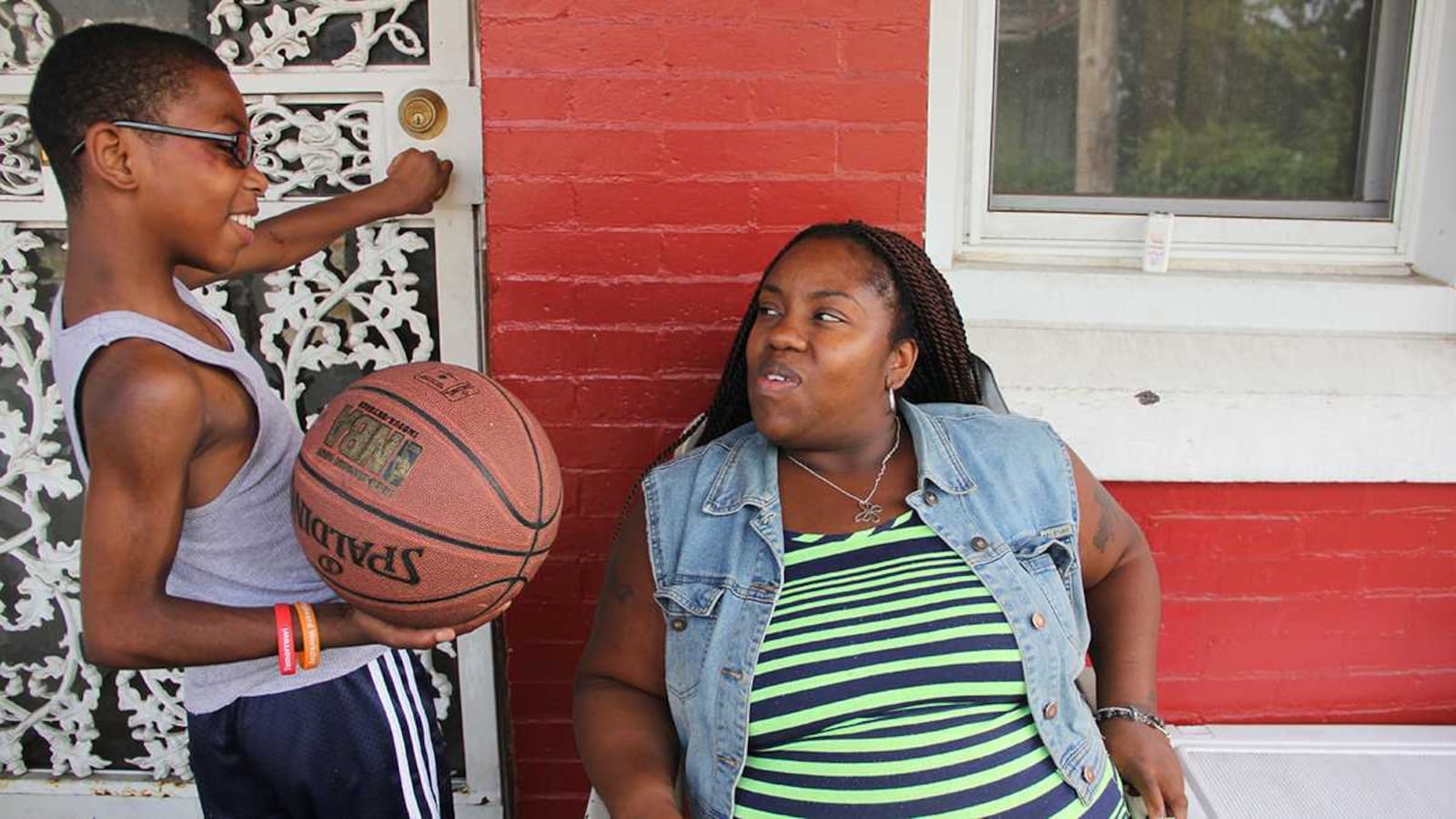This article was originally published in The Notebook. In August 2020, The Notebook became Chalkbeat Philadelphia.
Part Two of a three-part series
Part One |
Blaine Elementary’s turnaround attempt is one of two that were unveiled by the Philadelphia School District last year. Kelley Elementary School, just a few blocks away from Blaine in the Strawberry Mansion section of the city, was the other.
Both stand in stark relief to the District’s previous turnaround model, which labeled some schools "Promise Academies." That model, introduced by previous Superintendent Arlene Ackerman, was much more of a top-down, cookie-cutter approach.
In the first year of Promise Academies, extra funding flowed to these schools. But recessionary budget cuts soon stripped away the added supports, and it has been widely acknowledged that the "promise" was broken.
Much of teacher Andrew Brooking’s anxiety about Blaine comes from his distrust of the School District bureaucracy.
He spent his first few years as a teacher in Roberto Clemente Elementary, a North Philadelphia Promise Academy, and felt that, systemically, that turnaround model did little to positively impact kids’ lives.
"It’s hard to find a place that you believe in and that you think is going to work," he said. "My problem has been putting hard work into something that isn’t worth it."
The turnaround efforts at Blaine and Kelley represent a new direction for the District. The principals have been given autonomy to recreate schools as they see fit. Staff have come together to create something from the bottom up, and the central office largely stays out of the way.
By Harvey Finkle
At Blaine Elementary, the principal has been given autonomy and the staff have come together to address the school’s specific needs. (Emma Lee/WHYY) Blaine principal Gianeen Powell offered us wide-ranging access to the school to report this story.
She approved every request without hesitation. She was generous with her own time and willing to share her hopes and frustrations and details of her personal life. Interviews with other staffers were allowed freely, as were interviews with parents in the school yard.
For many schools — perhaps especially Philadelphia neighborhood schools — this can be a frightening prospect. The easiest, safest course of action for principals is to refuse all requests and deflect inquiry to central administration.
Powell’s course of action gave a much more comprehensive view of Blaine, scars and all.
Toward the end of the year, NewsWorks sat in on a parent meeting held at the school that gave a stark view of some of those scars.
There was supposed to be a presentation given by the Red Cross, but when the organization backed out at the last minute, the meeting devolved into a complaint session. Mothers and grandmothers talked over each other, as Cynthia Jones, the community outreach coordinator, took notes and tried to address concerns.
Parents were upset either about the shortage of support staffers in hallways and the lunchroom, or about how an individual academic or behavioral infraction was handled with their child.
In an interview after the meeting, parent Roslinda Harris fumed.
"It’s a cover up. It looks cute on the outside, but what’s going on on the inside?" she asked. "Only thing I see changed is a little bit of paint on the walls and some uniforms."
Attending this meeting proved important to understanding the context of the work being done at Blaine, as it led us to two guardians with wildly different takes on the turnaround effort.
One was extremely critical of the status quo, and the other greatly encouraged and hopeful for the future.


